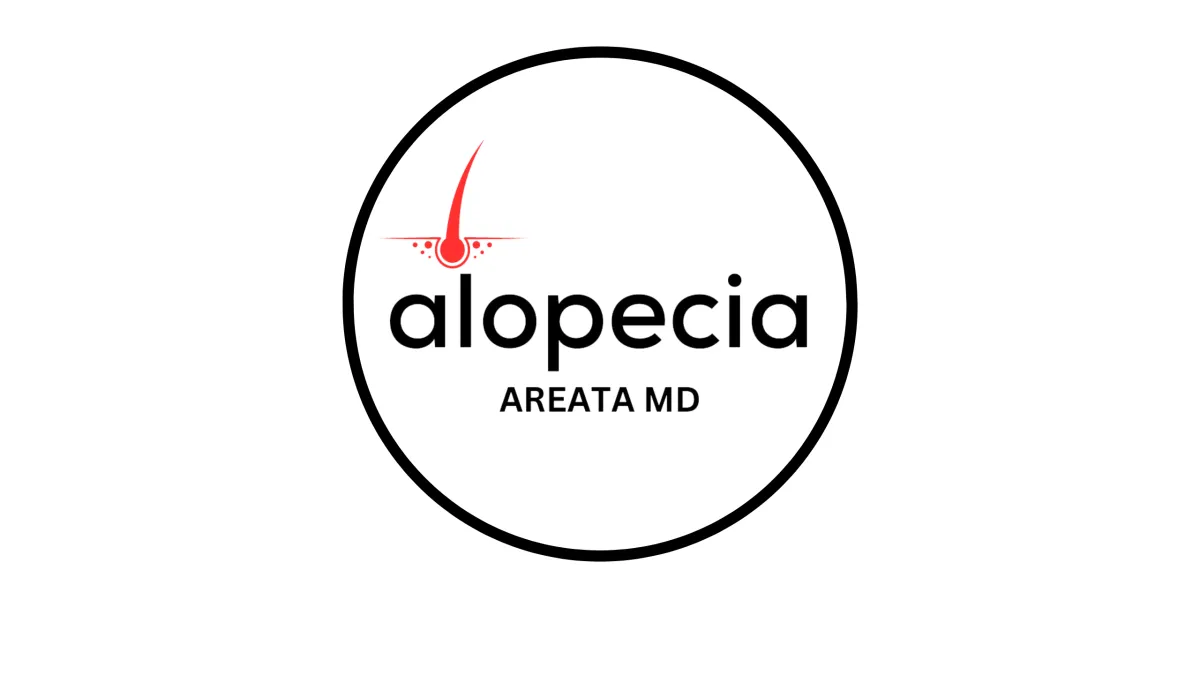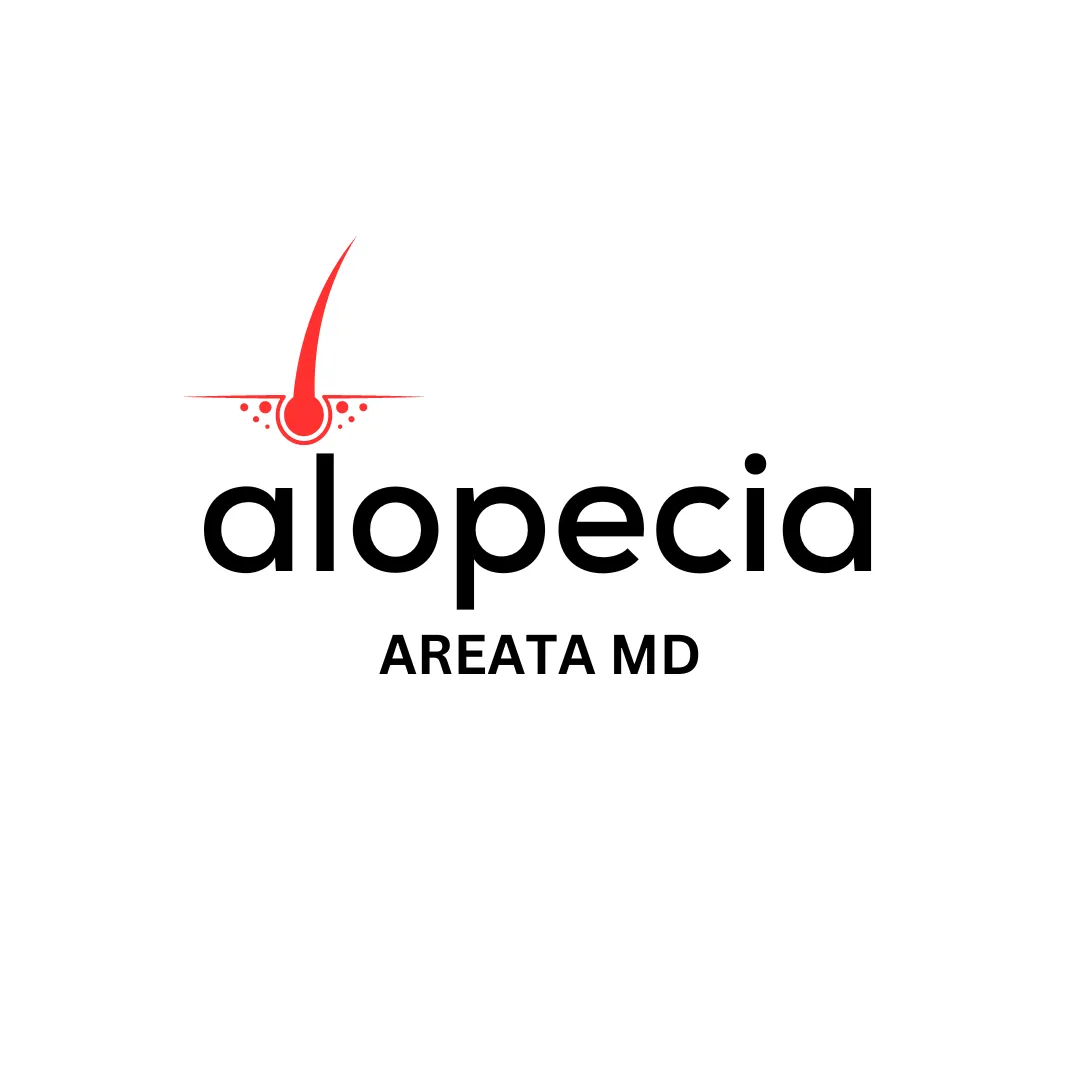
Nutrition and Hair Health: The Connection Between Diet, Hair Growth, and Hair Loss

Introduction
Hair growth and hair loss are influenced by numerous factors, one of the most significant being our diet. This article explores the intricate relationship between what we eat and the health of our hair.
The Role of Nutrition in Hair Health
Nutrition plays a pivotal role in maintaining hair health. A balanced diet rich in proteins, vitamins, and minerals can promote hair growth and prevent hair loss.
Proteins
Hair is primarily made of a protein called keratin. Consuming adequate amounts of protein-rich foods like eggs, lean meats, and legumes can provide the necessary building blocks for hair growth.
What is Keratin?
Keratin is a fibrous structural protein found in our hair, skin, and nails. It’s also present in the internal organs and glands of the human body. This protein is composed of amino acids, which are formed in the hair follicle’s cells during the hair growth cycle.
Keratin and Hair Health
Keratin plays a significant role in hair health. It provides the hair with its structure, making it strong and resilient. When the outer layer of keratin becomes damaged, it affects the health of the hair, leading to dry, brittle strands.
Keratin Treatments
Keratin treatments have become popular in hair care. These treatments replenish the hair’s natural protein, smoothing and filling in the gaps in the hair cuticle. This results in smoother, shinier, and less frizzy hair.
Dietary Sources of Keratin
While keratin treatments can help externally, it’s also essential to nourish hair from within. Consuming a diet rich in protein can provide the necessary amino acids for keratin production. Foods like lean meats, fish, dairy products, and eggs are excellent sources of protein.
Vitamins and Minerals
Certain vitamins and minerals are crucial for hair health. For instance, Vitamin A aids in sebum production, keeping the scalp moisturized and promoting healthy hair growth. B-vitamins, particularly

biotin, are known to strengthen hair and enhance its texture. Iron helps red blood cells carry oxygen to hair follicles, stimulating growth.
Vitamin A
Vitamin A is necessary for cell growth, including hair, the fastest growing tissue in the human body. It helps the skin glands produce sebum, an oily substance that moisturizes the scalp and keeps hair healthy. Foods rich in vitamin A include carrots, sweet potatoes, spinach, and kale.
B-Vitamins
B-vitamins, including biotin, are among the best for hair growth. They help create red blood cells, which carry oxygen and nutrients to the scalp and hair follicles. B-vitamins can be found in whole grains, almonds, meat, fish, seafood, and dark, leafy greens.
Vitamin C
Vitamin C is a powerful antioxidant that helps protect against the oxidative stress caused by free radicals. In addition, it helps your body create collagen, a protein that is an important part of hair structure. Foods high in vitamin C include peppers, strawberries, and citrus fruits.
Vitamin D
Low levels of vitamin D are linked to alopecia, a technical term for hair loss. It may also help create new follicles, the tiny pores in the scalp where new hair can grow. Your body produces vitamin D through direct contact with the sun’s rays. Good dietary sources of vitamin D include fatty fish, cod liver oil, and some mushrooms.
Iron
Iron helps red blood cells carry oxygen to your cells. This makes it an important mineral for many

bodily functions, including hair growth. Iron deficiencies have been linked to hair loss. You can increase your iron intake by consuming iron-rich foods, such as red meat, fortified cereals, and spinach.
Zinc
Zinc plays an important role in hair tissue growth and repair. It also helps keep the oil glands around the follicles working properly. Foods high in zinc include oysters, beef, spinach, wheat germ, pumpkin seeds, and lentils.
In conclusion, a balanced diet rich in essential vitamins and minerals can help maintain healthy hair and potentially reduce hair loss. However, it’s important to remember that over-supplementation of certain nutrients, like vitamin A or iron, can actually contribute to hair loss. Therefore, it’s best to get a balanced amount of vitamins and minerals from a varied diet whenever possible. If you’re considering taking supplements, it’s a good idea to consult with a healthcare provider first.
The Impact of Poor Nutrition on Hair Health
Conversely, a diet lacking in essential nutrients can lead to hair loss. Deficiencies in protein, iron, and certain vitamins can disrupt the hair growth cycle, leading to thinning and shedding.
Protein Deficiency
Hair is primarily made up of a protein called keratin. A lack of protein in the diet can weaken the hair, leading to dryness, brittleness, and ultimately, hair loss.
Vitamin and Mineral Deficiencies
Deficiencies in essential vitamins and minerals can also lead to hair problems. For instance, a lack of iron can disrupt the hair growth cycle, leading to hair loss. Similarly, a deficiency in vitamin D can cause hair loss, as this vitamin is critical for new hair follicle production.
Unbalanced Diet
An unbalanced diet, such as one high in processed foods and low in fresh fruits and vegetables, can lead to deficiencies in the nutrients necessary for hair health. This can result in slower hair growth and weaker hair strands.
Dehydration
Water is crucial for the health of your hair. Dehydration can lead to dry scalp and make your hair more prone to breakage.
Dietary Recommendations for Healthy Hair
To maintain healthy hair and prevent hair loss, incorporate a variety of nutrient-dense foods into your diet. These include:
Protein sources: Eggs, chicken, fish, and legumes
Iron-rich foods: Leafy greens, red meat, and fortified cereals
Vitamin-rich foods: Sweet potatoes, spinach, and citrus fruits

Conclusion
While genetics and other factors play a role, diet significantly impacts hair health. By consuming a balanced, nutrient-rich diet, you can foster optimal hair growth and minimize hair loss.


